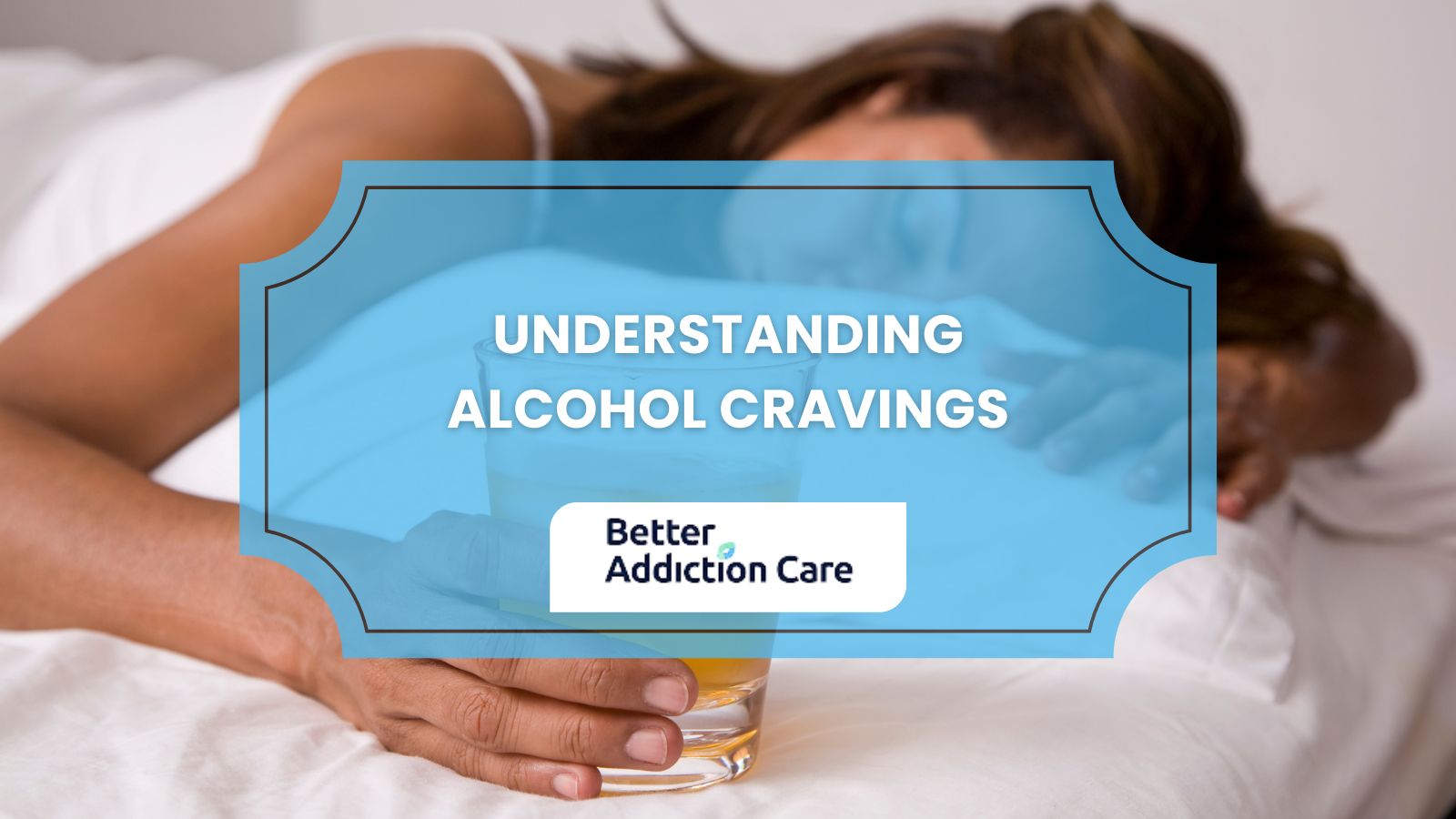How to Deal with an Alcoholic Coworker?
To deal with an alcoholic coworker, you must start by maintaining professionalism and empathy, which are essential in this type of situation. Gather evidence by quietly watching their actions; then, when you approach them to start a conversation, do so with empathy rather than judgment. Make it clear that you are concerned for their well-being and want to help rather than criticize. Keep this topic private to respect your coworkers' privacy and dignity. Looking for the help of a professional is important, but if they are open to it, you could offer to help them find the necessary resources.

Is an Alcoholic Coworker the Same as a Functional Alcoholic?
Despite sharing the same condition, an "alcoholic coworker" and a "functional alcoholic" exhibit distinct behaviors. A coworker suffers from alcohol. Alcoholism causes this person to miss work, perform poorly, and change their behavior. This term looks at how alcoholism affects careers and professional relationships.
In contrast, a functioning alcoholic maintains a sense of normalcy despite being intoxicated. Despite their drinking, they maintain a work-family-social life balance. Functional alcoholics appear successful, making it difficult for others to grasp their alcohol use disorder. When we refer to an "alcoholic coworker," we mean how their inebriation impairs their performance at work. A "functional alcoholic" can function normally despite being alcohol-dependent.
How Can You Tell There Is an Alcoholic Coworker at Your Workplace?
In the workplace, the easiest way to tell if a coworker is drinking is to watch for changes in behavior and other subtle signs. People who are addicted to alcohol often have trouble going to work regularly. As a result, repeated absences or being late are common signs. It is also possible that there could be an issue for them in achieving goals or even if they are repeatedly making mistakes at work. One might also observe alterations in their behavior, such as signs of irritation, mood swings, or a desire for privacy.
When talking about physical signs, you can observe tremors, bloodshot eyes, slurred speech, and bad hygiene. It's easy to tell if someone is working drunk if their breath or clothes smell like alcohol. Plus, if you don't get along with your coworkers or have many friends, deeper problems may occur.
Because opinions can lead to harm, it is very important to be careful and sensitive in handling the situation. If you think a coworker is having problems with drinking, you should talk to them about it and offer your help in a private setting. But be careful where you set boundaries, and at work, put your health first.
Should You Report an Alcoholic Coworker?
There are several things you should consider before deciding to report - or not - an alcoholic coworker. Before acting, it is imperative to precisely assess the gravity of the issue and the potential results for the individual and the company. If you learn of a coworker endangering their own or others' lives, or if you have previously observed overt indications of alcohol abuse, you should consider contacting human services.
However, while this fact may be unsettling, try to be careful and compassionate and avoid making a big issue out of it. If possible, provide the person who is misusing alcohol with information about how he or she can benefit from various sorts of support, such as therapy or rehabilitation.
Try to offer these tools and help empathetically; however, be careful about your well-being. Your actions can impact your coworker's personal and professional life. Still, inaction can affect your life, so be assertive about the situation and report to a supervisor or HR if needed. Before talking about another person, you should think about the pros and cons of the situation and act on ethical principles.
Is It Good to Confront an Alcoholic Coworker?
Approaching an alcoholic coworker about their behavior requires a great deal of tact. Even when it is easy to address the matter head-on, it is crucial to approach it with empathy, compassion, and an emphasis on providing help rather than making judgments.
Confronting an alcoholic coworker might cause them to become defensive or ashamed, potentially leading to increased withdrawal or denial of the problem. In addition, attempting to address someone's drinking habits can be ineffective and possibly dangerous if you do not have the appropriate knowledge or support to offer assistance.
Instead of confronting your coworker directly, consider having a compassionate and private discussion. Express your genuine concern for their well-being and, compassionately and nonjudgmentally, provide them with information about available support groups and counseling services.
Reassure them of your presence, ready to lend an ear and offer assistance whenever they may require it. Whether or not you choose to reach out to the individual struggling with alcoholism during working hours will ultimately be determined by your connection with them and the specific situation at hand.
How Does an Alcoholic Coworker Affect Professional Relationships?
Work relationships can be severely affected by an alcoholic coworker, which can cause problems that go far beyond personal or group performance. The reality is that the first impact can be the discomfort that can be generated if someone is consistently late, work is affected, or the workload increases to compensate for the coworker's failures, or if this person misses a lot of work, which can affect the reliability and credibility of this person.
Trust can be decimated if there are sustained failures that lead to the imposition of more pressure on coworkers.
Productivity at work depends on team bonding and on others being able to communicate and work well together; however, when there is an alcoholic partner, this can be affected by the presence of an erratic mood, poor judgment, or irritability, as well as impaired performance. This can lead to misunderstandings among peers and stress. Coworkers who have to modify their behavior to fit in with an erratic colleague may find the workplace unpleasant, and their job satisfaction and morale suffer, especially if superiors do not notice all these failings.
In addition, problems caused by a drunken colleague can damage the professional reputation of the team or the company. If customers and stakeholders perceive a decline in professionalism or quality, they will relate to the team's or the company's reputation.
Coworkers might react differently to the situation, with some having negative reactions, such as getting mad about how it affects their health and job performance, or empathetic reactions, such as feeling sorry for their coworkers. Some people feel alone on the team, have problems in their relationships, and don't trust themselves, which makes things even harder at work.
Having an alcoholic coworker around can hurt both your personal and professional ties. To solve this problem, bosses and coworkers must work together to understand what's happening and take the proper steps.
What is The Employee Assistance Program?
The Employee Assistance Program (EAP) is readily available to provide support and assistance whenever employees face personal or work challenges that impact their well-being and performance. EAPs offer a range of confidential services to help employees with various issues. These services include counseling, referral services, and resources. EAPs can assist with mental health, substance misuse, financial concerns, relationship issues, and stress management.
Several companies incorporate EAPs into their comprehensive benefits packages, ensuring employees have access to valuable resources and support. They attempt to provide a conducive environment for workers to consult experts. Our services may include therapy, phone consultations, internet resources, or a mix.
Keeping patients anonymous is vital for EAPs. Counselors working for EAPs must adhere to stringent confidentiality requirements, so employees who seek help need not worry that their employers will find out. Workers can seek sensitive care without repercussions, which is very important when facing a substance abuse problem.
What Should Your Alcoholic Coworker Expect from Treatment?
When an alcoholic chooses to get therapy, they may expect a thorough approach that addresses all facets of their physical, emotional, and social well-being. Choose the optimal course of treatment, which may include closely supervised detoxification if necessary; it all begins with a thorough medical assessment.
Counseling and therapy will be crucial in helping people identify the underlying reasons for their alcoholism, learn healthy coping skills, and heal the relationships that their addiction has destroyed. To further support the therapeutic approach, medication-assisted therapy can be recommended to help control cravings and withdrawal symptoms.
Support groups like Alcoholics Anonymous give people a caring community of people who understand their problems and can provide them with the support and help they need to get better. Changing lifestyles and learning how to avoid relapse are two things that will help people stay sober in the long run. In general, people should expect a complete and personalized treatment plan that focuses on assisting them in healing permanently and improving their overall health.
Related Articles
Treatment Centers in Virginia










